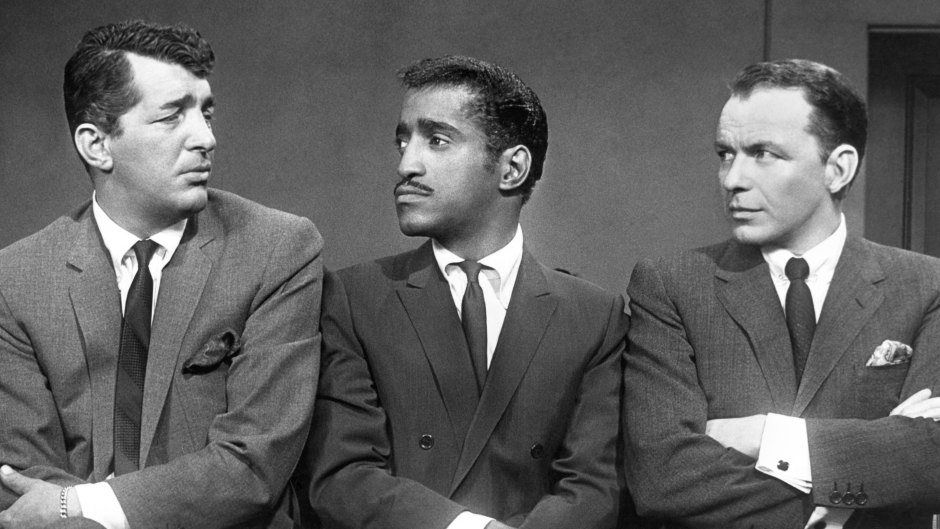
Underwood Archives/UIG/Shutterstock
Legendary Singer and Performer Sammy Davis Jr. Is Going to Be the Subject of a New Biopic
He was a member of The Rat Pack alongside Frank Sinatra and Dean Martin, and a performer who broke racial barriers, but at the same time was considered a sellout by other African Americans. He was an active player in the Civil Rights Movements, but uninvited from President Kennedy’s inauguration because he had “dared” to marry a white woman. Such is just a small portion of the life of Sammy Davis Jr., who is going to be the subject of a new biopic that is at least partially based on his own memoir (written with Jane and Burt Boyar) from 1965, Yes I Can: The Story of Sammy Davis Jr.
The film is being written by Charles Murray, whose credits include Sons of Anarchy and Luke Cage. Having studied Sammy’s career for years, he has definitely been developing his own feelings for the performer’s story and the struggle he went through of suppressing his ego and personality to try and fit in and, most importantly, be accepted. And having to roll with the many times when he was off stage and simply wasn’t — to the point where he couldn’t check into the hotels that he was performing at.
“All this drove him, but was his demon,” Charles relates to Deadline. “He was constantly trying to impress people and did not like being alone, because that’s when the insecurities and terrible thoughts played in his head … What drives us can damage us. We saw it in Rocketman, the painful time Elton John went through in finding his sexual identity. And he was on top of the world.”
For another view of Sammy, look for the PBS biography series American Masters, the official description of which offers, “[His] life was complex, complicated and contradictory. Davis strove to achieve the American Dream in a time of racial prejudice and shifting political territory. He was the veteran of increasingly outdated show business traditions trying to stay relevant; he frequently found himself bracketed by the bigotry of white America and the distaste of black America; he was the most public black figure to embrace Judaism, thereby yoking his identity to another persecuted minority.”
No word yet on when the biopic will go into production.






































